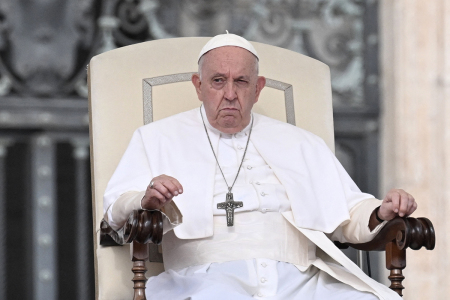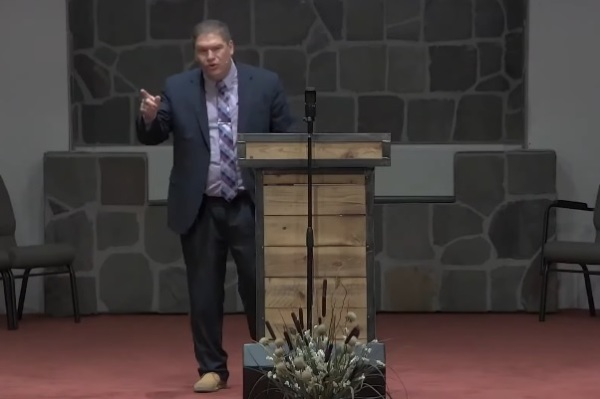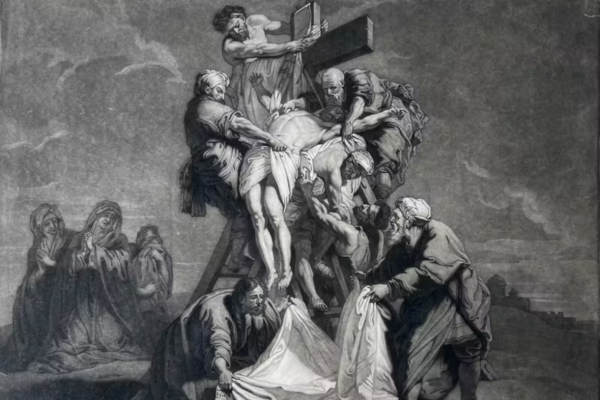Pope Francis apologizes for using 'homophobic terms' in meeting with bishops

Pope Francis has issued an apology for using a derogatory description during a recent closed meeting with a group of Italian Catholic bishops while discussing a ban on homosexuals from seminaries.
Matteo Bruni, the director of the Holy See Press Office, released a statement Tuesday explaining that the pontiff is sorry for using an Italian word that loosely translates in English to "faggotness."
"The Pope never intended to offend or express himself in homophobic terms, and he apologizes to those who felt offended by the use of a term, as reported by others," stated Bruni.
"As he has stated on many occasions, 'There is room for everyone in the Church, for everyone! No one is useless; no one is superfluous; there is room for everyone. Just as we are, everyone.'"
At a 90-minute, closed-door meeting with more than 200 members of the Italian bishops' conference on May 20 at Vatican City, the pope reaffirmed a 2005 position of the Catholic Church that barred from the priesthood men who "practice homosexuality, present deep-seated homosexual tendencies or support the so-called gay culture."
Francis was quoted as saying that "it is necessary to put down markers, and prevent the risk that the gay person who chooses the priesthood could later end up living a double-life, continuing to practice homosexuality, while at the same time suffering from this dissimulation."
According to multiple news outlets, Francis used the Italian word "frociaggine" during his remarks, a derogatory term for "queerness," stating that he believed "there is too much 'frociaggine' in seminaries."
Some, including the Italian news outlet Corriere, argued that Francis, an Argentinian whose native language is Spanish, may have mistakenly used the term since he "sometimes stumbles over somewhat creative Italian without being aware of the nuances."
Natalia Imperatori-Lee, chair of the religious studies department at Manhattan College who researches contemporary Catholicism, told The Associated Press that she took greater issue with the reaffirmation of a ban on homosexuals entering the priesthood, even if they are celibate.
"More than the offensive slur uttered by the pope, what is damaging is the institutional church's insistence on 'banning' gay men from the priesthood as if we all do not know (and minister alongside) many, many gifted, celibate, gay priests," said Imperatori-Lee.
"The LGBTQ community seems to be a constant target of offhand, off the cuff 'mistakes' from people in the Vatican, including the pope, who should know better."
In 2013, shortly after being installed as pope, Francis garnered headlines when he appeared to support the idea that someone could be openly gay and a devout Christian.
In an interview he gave following the Catholic event known as World Youth Day, a journalist had asked the head of the Roman Catholic Church if there was a gay lobby at the Vatican.
Francis responded, "If someone is gay and he searches for the Lord and has good will, who am I to judge?" His comment was hailed by LGBT advocacy groups as a sign that the Church was changing on LGBT issues.
However, many neglected to note that in the same interview, Francis declared that it was important to "distinguish between a person who is gay and someone who makes a gay lobby," adding that "a gay lobby isn't good."
Last December, with the pope's approval, the Vatican's Dicastery for the Doctrine of the Faith issued a document that allowed priests to bless same-sex couples, provided the blessing did not validate their union.






















